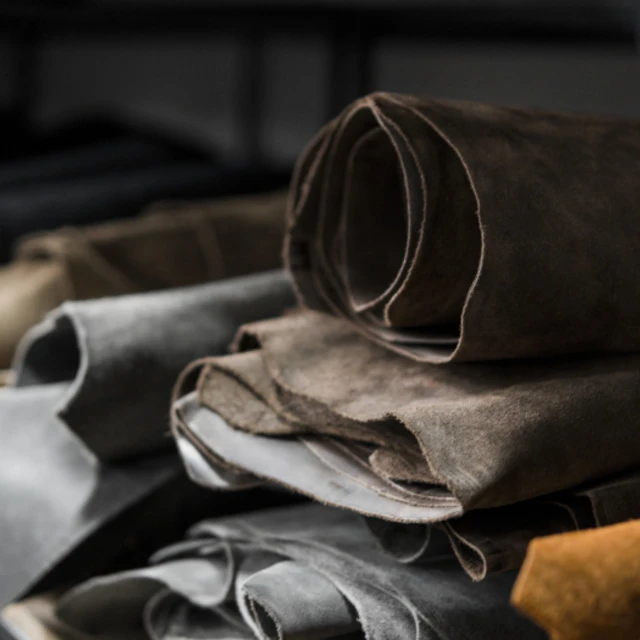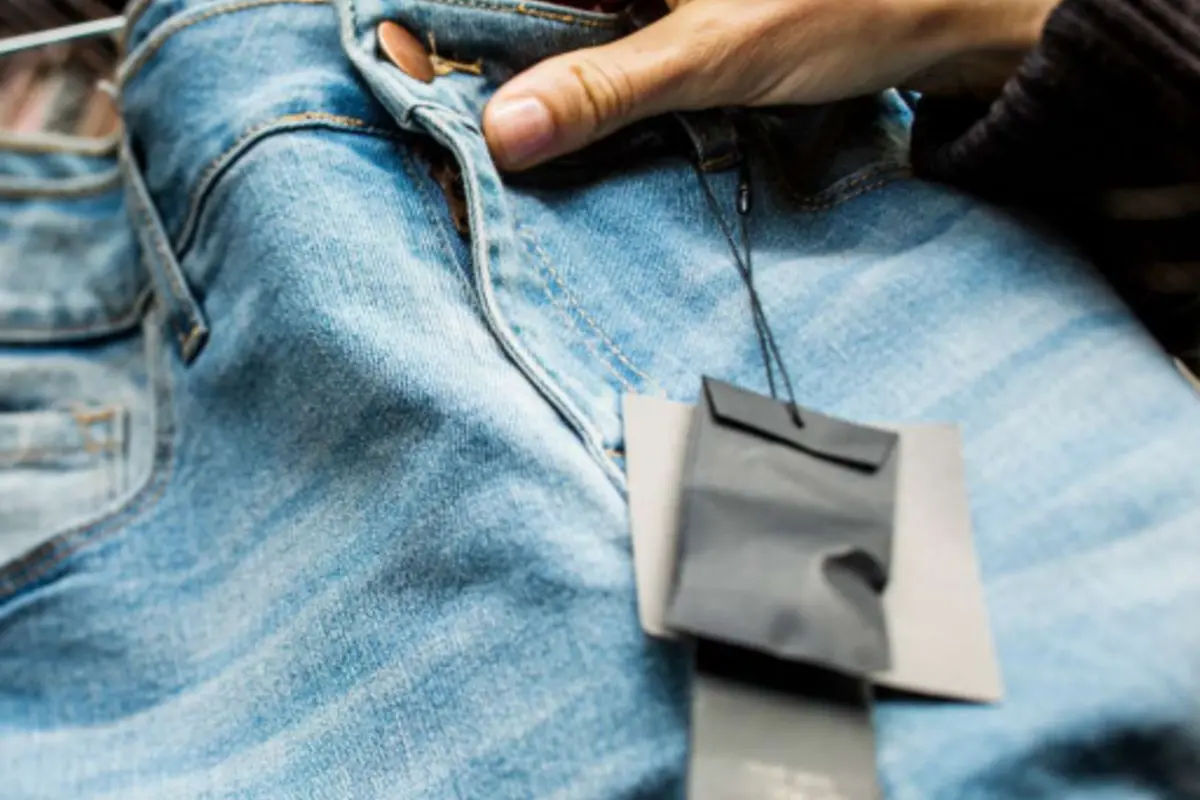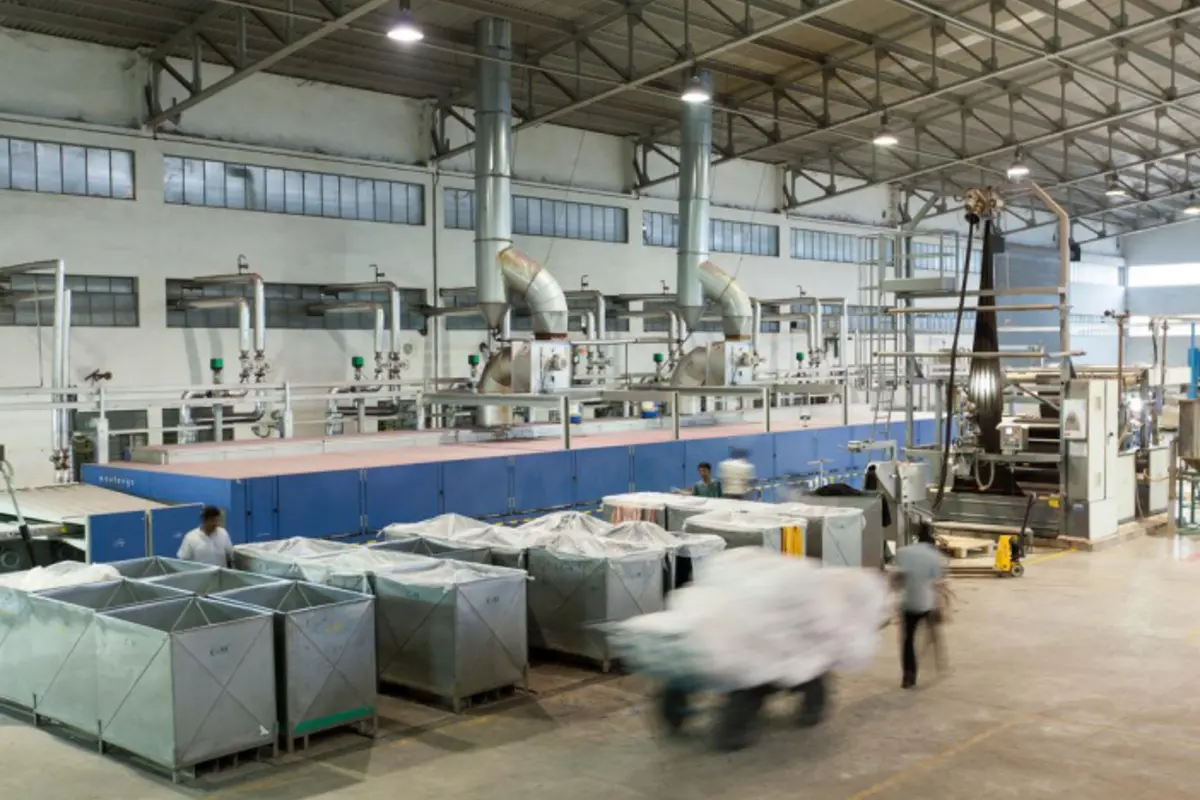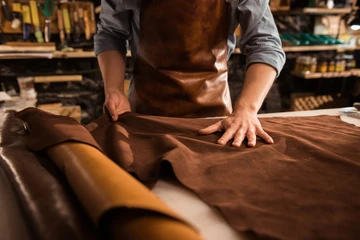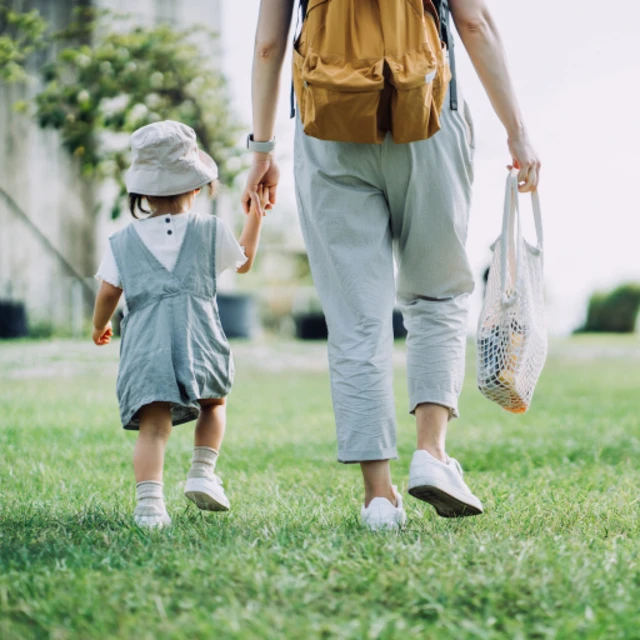Leather - generating value from waste
In the EU alone, 218 million pigs, sheep, goats, beef, and dairy cattle are slaughtered every year. Without the leather industry, the hides and skins of animals like these would - for the most part - become slaughterhouse waste. By reducing waste levels, leather production improves the sustainability of livestock processing.

